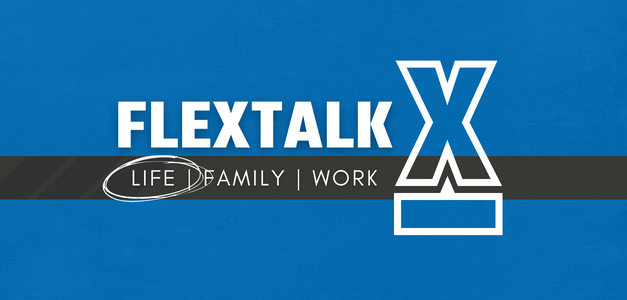Money management looks different at 25 than it does at 45 or 65. Your financial priorities shift as you move through life, and recognizing these changes helps you make smarter decisions with your money. Understanding where you should focus your financial energy at each stage prevents you from falling behind on critical goals. Let’s explore some good financial milestones to prioritize for every life stage.
Your 20s: Building the Foundation
In your 20s, emergency funds and student debt repayment should top your priority list. Aim to save three to six months of living expenses before tackling other financial goals. This cushion protects you from unexpected job loss or medical bills.
If you carry educational debt, address it. Focus on paying minimums while you establish your emergency fund, then consider accelerating payments.
Credit building starts now too. Apply for your first credit card and use it responsibly by keeping balances low and paying on time. Your credit score will affect everything from apartment rentals to car loans in the coming decades.
Your 30s: Accelerating Growth
When your 30s hit, you might want to settle down. For many people, this means buying a home. If that’s your goal, then strive to save 10–20 percent for a down payment while maintaining your emergency fund.
Meanwhile, your retirement contributions should increase substantially. Target 15 percent of your income for retirement accounts, including any employer match. Time remains your greatest asset for compound growth, making these contributions extremely valuable.
Keep in mind that insurance needs expand during your 30s. Specifically, life insurance becomes critical if others depend on your income. Term life insurance provides affordable coverage during your highest-earning years.
Your 40s: Peak Earning and Planning
When your 40s roll around, you might need to have college savings join your financial priorities if you have children. Consider 529 education savings plans, which offer tax advantages for future tuition costs. Start early, as college expenses continue rising faster than inflation.
Mid-career salary increases create opportunities to boost retirement savings. Consider maximizing 401(k) contributions and exploring additional retirement accounts like IRAs. The 40s represent peak earning years for most people.
Moreover, estate planning is important to start taking seriously during this decade. Create or update your will, establish power of attorney documents, and review beneficiaries on all accounts. These steps protect your family’s financial future.
Your 50s and Beyond: Preparing for Transition
Though your 50s don’t mark the end of your financial journey, it’s the last big decade to push for financial security when you retire. For instance, you can take advantage of catch-up contributions that allow Americans over 50 to contribute extra money to retirement accounts.
Healthcare costs require specific attention as you approach Medicare eligibility. Health Savings Accounts (HSAs) offer triple tax advantages and can serve as supplemental retirement accounts after age 65.
Long-term care planning addresses potential future needs. Research indicates that 70 percent of Americans will require some form of long-term care during their lifetime, making this preparation essential.
Your Path Forward
Financial planning isn’t about perfection—it’s about progress. Start where you are and focus on the milestones most relevant to your current life stage.
- Which financial milestone feels most challenging for your current life stage, and what specific steps could help you achieve it?
- How do you balance competing financial priorities when resources are limited?
- What role does your family situation play in determining your financial milestones and timelines?
- How might economic changes or market volatility affect your approach to reaching these milestones?
- What financial lessons from older generations do you find most valuable, and which seem outdated for your situation?


